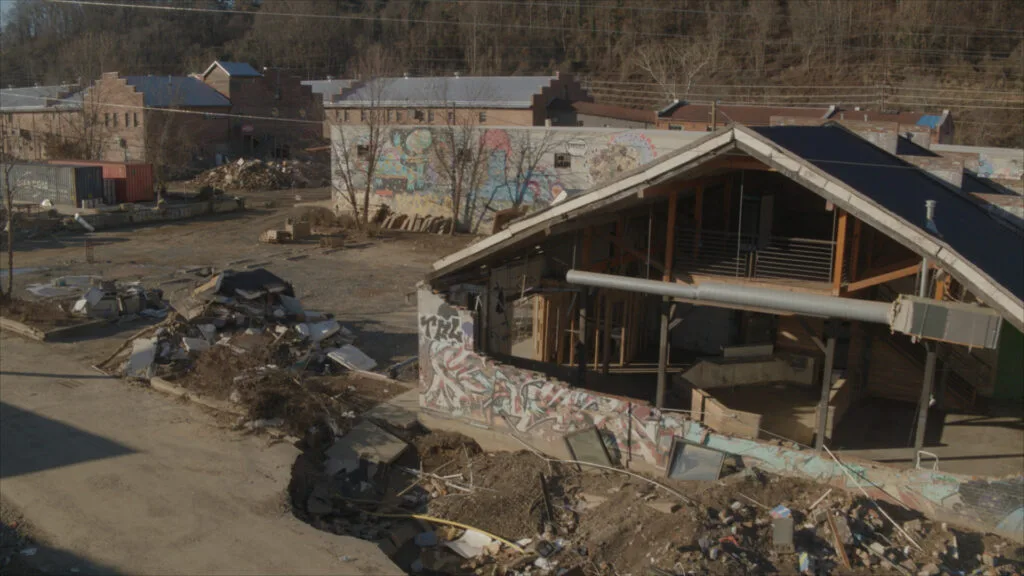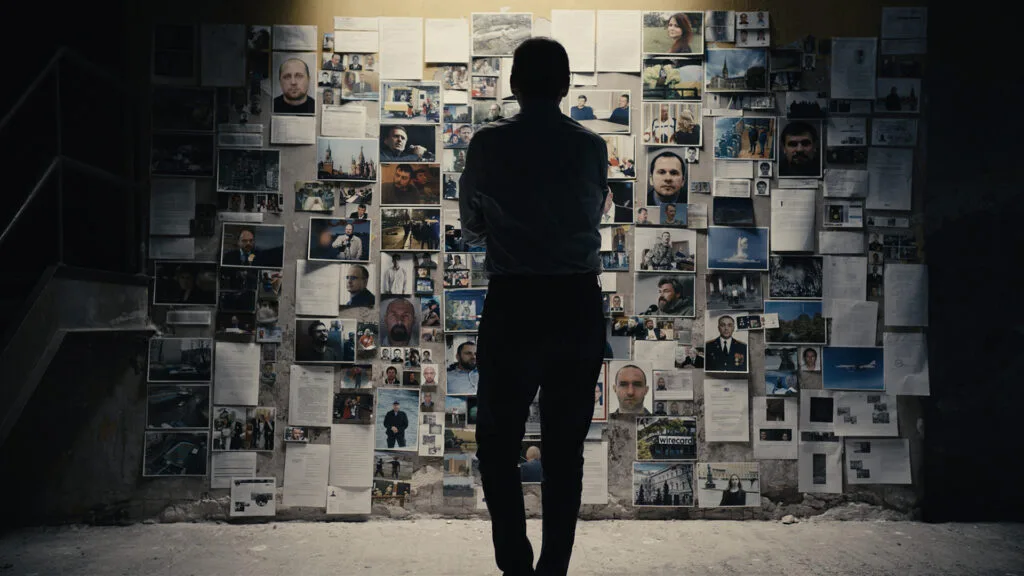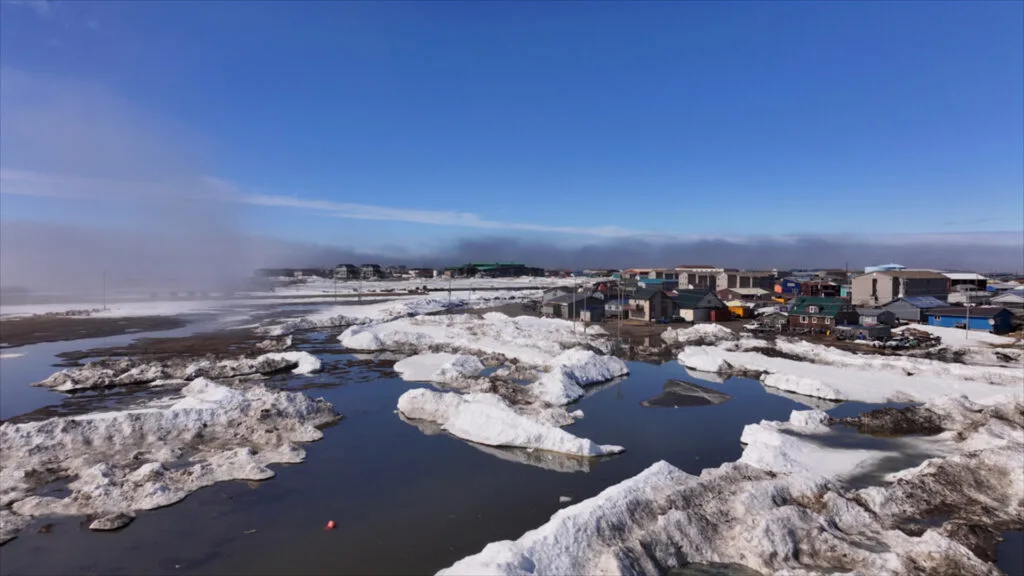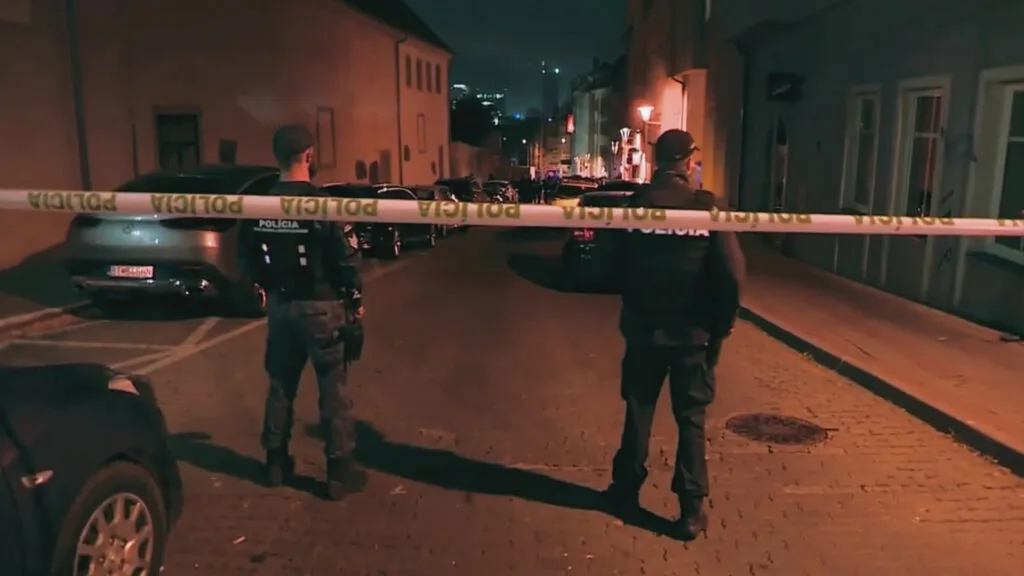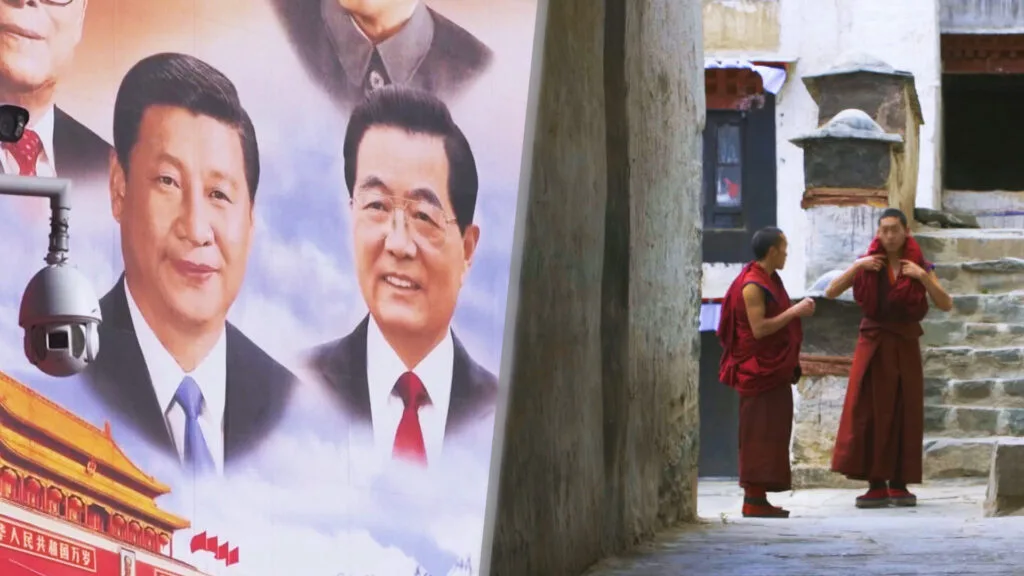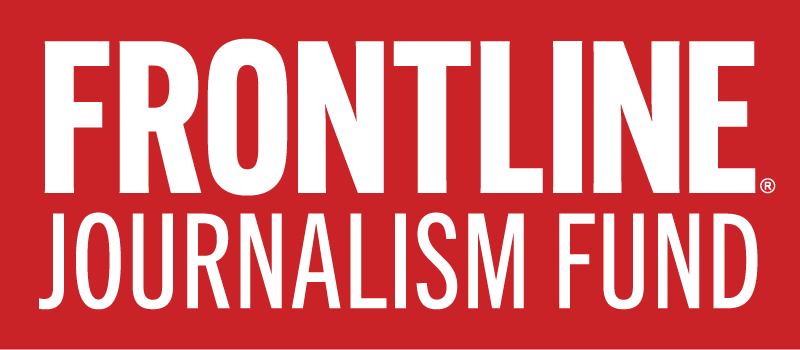New Documentary Traces an American Woman’s Path from Indiana to ISIS — and Her Federal Conviction for Aiding the Terror Group
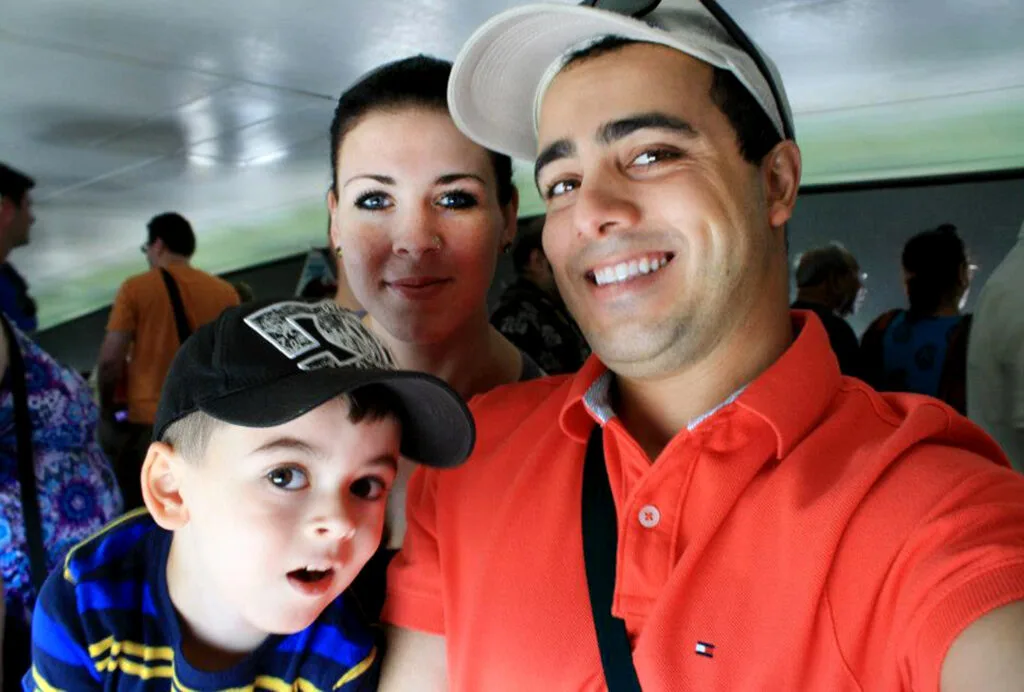
December 10, 2020
Share
Return From ISIS Tues., Dec. 15, 2020 Streaming at 7/6c at pbs.org/frontline & in the PBS Video App Airing at 10/9c on PBS and on YouTube www.facebook.com/frontline | Twitter: @frontlinepbs Instagram: @frontlinepbs | YouTube: youtube.com/frontline
In November, Sam Sally, also known as Sam Elhassani, was sentenced to six-and-a-half years in prison for aiding ISIS — making her the first American woman brought back from Syria or Iraq and convicted on ISIS-related terrorism charges.
How did this American mother end up living in the heart of ISIS’s self-declared caliphate in Syria, with her husband an ISIS sniper, and her 10-year-old son forced to threaten President Donald Trump in a propaganda video shown around the world?
FRONTLINE tells the inside story in Return From ISIS, a documentary in association with the BBC that has been nearly four years in the making.
“I’ve covered many stories about ISIS and Westerners who’d joined the group,” says director, writer and producer Josh Baker (Battle for Iraq, I’m Not A Monster). “But I’ve never encountered anything quite like this.”
Return From ISIS premieres Tues., Dec. 15 on PBS stations (check local listings) and online. It is part of a multiplatform investigation that also includes a special, 10-episode podcast series with BBC Panorama and BBC Sounds called I’m Not a Monster. The first several episodes are available on Apple Podcasts, Stitcher, Spotify, RadioPublic or wherever you get your podcasts.
The film includes the first-ever media interview with Sam’s son since his return to the U.S.: “Say one wrong thing and they could easily just kill you,” Matthew, now 13, says of living under ISIS.
For years, Sam claimed she was tricked into taking her young children to war-torn Syria. As the documentary shows, her husband, Moussa, a Moroccan national whom she met and married in the U.S., was one of around 40,000 foreigners from approximately 120 countries who joined ISIS. Whether Sam brought herself and her children along with him willingly and knowingly is a question at the center of the film.
“Half the time you can’t tell what the truth is and what not the truth is,” Sam’s father, Rick, says about his daughter in the film. “So, you have to read between the lines.”
In methodical detail, Baker attempts to figure out what really happened. He visits Sam’s sister, Lori, who was emailed a home video in which Sam’s young son, Matthew, is forced to assemble a suicide bomb and coached by his step-father, Moussa, to role-play an attack.
“How could they do this to a child?” Lori says, crying. “Matthew is the sweetest little boy you will ever meet.”
Baker criss-crosses the globe to unravel a story that grows more shocking at each turn. He tracks down two people whom Sam and Moussa purchased as slaves while in Syria — a young Yazidi boy who, like Matthew, was forced to appear in propaganda videos but says Sam treated him like a son, and a young Yazidi woman who says she was repeatedly raped by Moussa.
“Sam knows he forced me for sex and every time I go to her and tell her what happened, she used to cry and say, ‘I’m against that, but I cannot do anything,’” the young woman tells Baker; she adds that Moussa beat Sam while she was pregnant.
Return From ISIS traces how the family eventually escaped from Syria after Moussa’s death, and Baker carries out multiple interviews with Sam herself. She says she was tortured by ISIS as a suspected American spy. For years, she insisted to Baker that she was unaware that Moussa planned to join ISIS, and denied that she knowingly provided support.
“The last couple of years, things have become normal for us that should not be normal for anybody,” she tells Baker.
But then, after charges from U.S. prosecutors, she agreed to a plea deal in November 2019 and admitted to concealing financial support intended to help her husband and his brother join ISIS. The film uncovers new details about Sam’s actions in the months before she and her family crossed into ISIS territory.
“She has told multiple different stories of how she ended up in Syria and why she ended up in Syria. The fact remains: she did,” John Demers, Assistant Attorney General for National Security, tells FRONTLINE. “There are a lot of parts of this story where we’re not going to know the why to what she’s done. For our prosecutions, at the end of the day, if she’s acting knowingly, she’s acting willingly, that doesn’t matter so much.”
Speaking out about what happened, Sam’s son, Matthew — now living in the U.S. with his biological father — tells Baker he’s thrilled to be home. He shares a message about what he was forced to live through: “I feel sad that they would do that to a child,” he says.
But “no matter how bad the situation is, you can always get through it,” he says, adding, “it’s all behind me now.”
For the full story, watch Return From ISIS starting Tuesday, Dec. 15. The documentary premieres that night at 10/9c on PBS stations (check local listings) and YouTube. It will be available to stream at pbs.org/frontline and on the PBS Video App beginning at 7/6c.
###
Credits Return From ISIS is a FRONTLINE production with Mongoose Pictures in association with BBC. The writer, director and producer is Joshua Baker. The senior producer is Dan Edge. The executive producer of FRONTLINE is Raney Aronson-Rath.
About FRONTLINE FRONTLINE, U.S. television’s longest running investigative documentary series, explores the issues of our times through powerful storytelling. FRONTLINE has won every major journalism and broadcasting award, including 95 Emmy Awards and 24 Peabody Awards. Visit pbs.org/frontline and follow us on Twitter, Facebook, Instagram, and YouTube to learn more. FRONTLINE is produced at GBH in Boston and is broadcast nationwide on PBS. Funding for FRONTLINE is provided through the support of PBS viewers and by the Corporation for Public Broadcasting. Major funding for FRONTLINE is provided by the John D. and Catherine T. MacArthur Foundation and the Ford Foundation. Additional funding is provided by the Abrams Foundation, the Park Foundation and the FRONTLINE Journalism Fund with major support from Jon and Jo Ann Hagler on behalf of the Jon L. Hagler Foundation.
FRONTLINE Press Contact: frontlinemedia@wgbh.org, 617.300.5312
Latest Documentaries
Policies
Teacher Center
Funding for FRONTLINE is provided through the support of PBS viewers and by the Corporation for Public Broadcasting. Additional funding is provided by the Abrams Foundation; Park Foundation; the John D. and Catherine T. MacArthur Foundation; and the FRONTLINE Journalism Fund with major support from Jon and Jo Ann Hagler on behalf of the Jon L. Hagler Foundation, and additional support from Koo and Patricia Yuen. FRONTLINE is a registered trademark of WGBH Educational Foundation. Web Site Copyright ©1995-2025 WGBH Educational Foundation. PBS is a 501(c)(3) not-for-profit organization.






